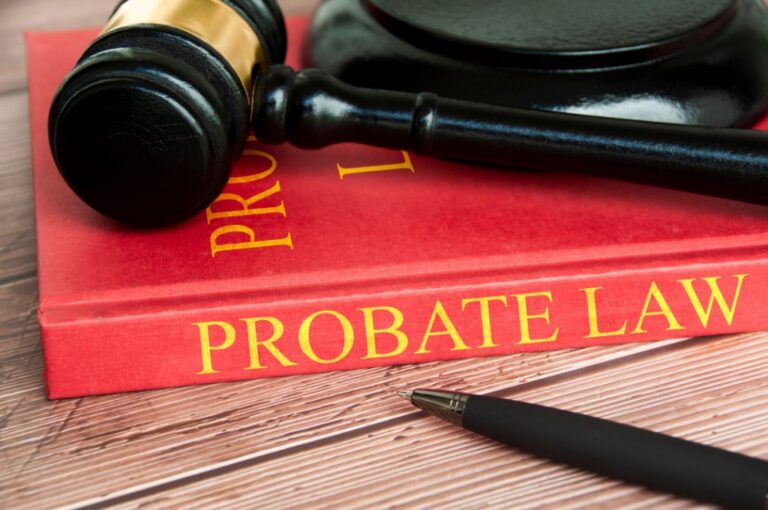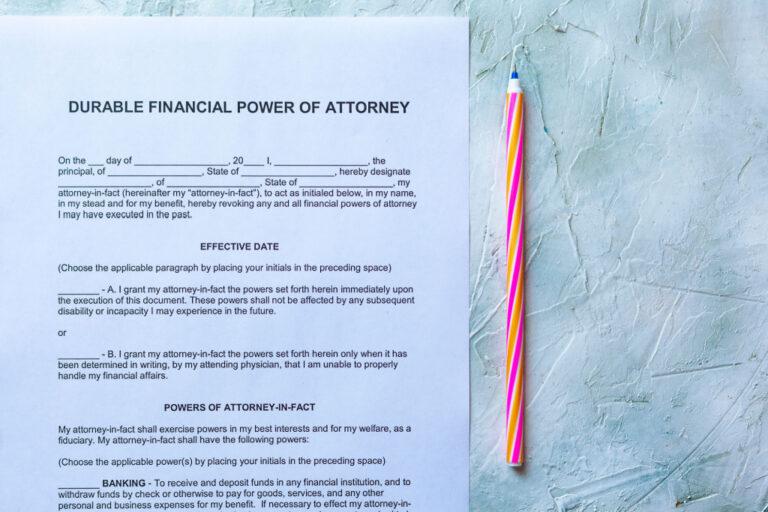If you’re building an estate plan, you’re probably thinking about what happens when you’re gone. But what happens if you’re still here—but unable to act?
That’s the question I ask every new client when we sit down to plan. Because before we talk about probate or trusts or taxes, we have to start with this foundational truth:
Incapacity isn’t just possible—it’s likely. And if it happens, your estate plan needs to be ready.
In the latest episode of the Good Steward Law & Wealth Podcast, I walk through what I consider the most overlooked—but absolutely essential—part of any estate plan: how to protect your wishes, your finances, and your loved ones if you lose the ability to make decisions for yourself.
Here’s a quick breakdown of the four core documents we discussed:
1. Financial Power of Attorney
This is your permission slip for someone you trust to step into your shoes financially. Think about it: If the water company won’t even talk to your spouse without your name on the account, what do you think your bank will say? Or Medicaid?
A financial power of attorney allows your agent to pay bills, manage investments, access bank accounts, and make financial moves on your behalf if you’re incapacitated.
We can structure this to become effective only when needed (a “springing” power), or immediately if you prefer.
2. Healthcare Power of Attorney
This document appoints someone to make healthcare decisions for you if you’re not able to. And no, your spouse or child can’t automatically do this unless you’ve put it in writing.
3. HIPAA Authorization
Even if you’ve named someone to make decisions, they still won’t have access to your medical records unless you give them permission. This authorization keeps doctors and hospitals from shutting your loved ones out.
4. Living Will (Advance Directive)

This is the document that allows someone to make end-of-life decisions in accordance with your wishes. Think life support, feeding tubes, and other tough choices.
It doesn’t mean “pull the plug”—it means empowering someone you trust to weigh all the information and act with wisdom.
Why This Matters
If you’re incapacitated and these documents aren’t in place, the result is often a legal mess. Your loved ones might have to go to court for guardianship just to access your accounts or get updates from your doctor. It’s expensive, slow, and public.
More importantly, it puts your family through unnecessary stress in a moment that’s already hard enough.
At L. Jennings Law, we don’t just hand you a packet of documents—we walk with you through the entire process, from planning to funding to making sure every account and asset is aligned with your goals.
Because being a good steward of your wealth means protecting it while you’re alive, and setting it up to bless others when you’re not.
🎧 Want to hear the full breakdown?
Listen to the full episode of the Good Steward Law & Wealth Podcast here:
🔊 Listen Now
📺 Watch on YouTube
📅 Ready to protect your family and your legacy?
Visit www.goodstewardfirm.com to book a meeting with our team. We’ll walk you through every step of the estate planning process with clarity, care, and strategy.







